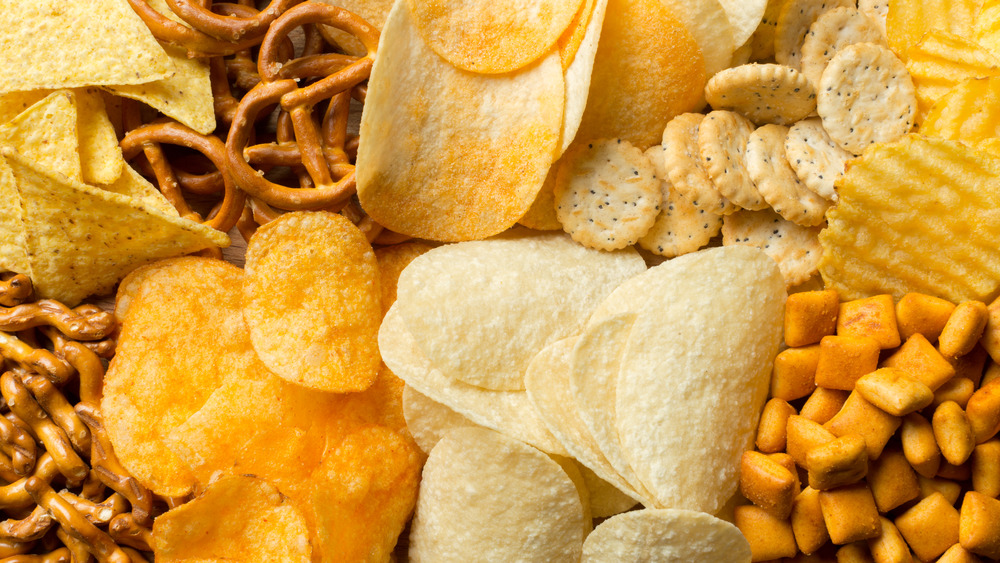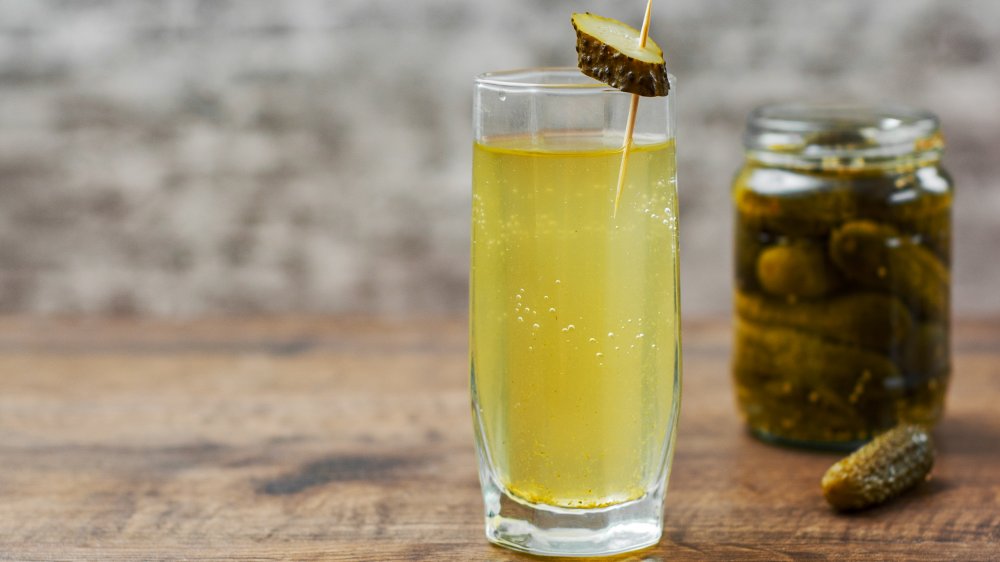The Real Difference Between Bacteria And Viruses

Bacteria and viruses are both microscopic organisms that can cause illness, but they are very different in terms of their structure and how they reproduce. Bacteria are single-celled organisms that have a cell wall and reproduce by dividing in half. They are much larger than viruses and can cause a wide range of diseases, from ear infections to pneumonia. Viruses are much smaller than bacteria and do not have a cell wall. They reproduce by injecting their genetic material into a host cell, where it takes over the cell’s machinery to make more copies of the virus. Viruses can cause a wide range of illnesses, from the common cold to AIDS. The main difference between bacteria and viruses is their structure. Bacteria are single-celled organisms with a cell wall, while viruses are much smaller and do not have a cell wall. Bacteria reproduce by dividing in half, while viruses reproduce by injecting their genetic material into a host cell. While both bacteria and viruses can cause illness, they are very different in terms of their structure and how they reproduce.
Bacteria and viruses make us sick in different ways
We all know that feeling – when we start to come down with a cold or the flu. Our bodies feel achy, we’re exhausted, and we just generally feel terrible. But what exactly is going on inside our bodies when we’re sick? Why do some illnesses make us feel so much worse than others? The answer lies in the difference between bacteria and viruses. Bacteria are tiny living organisms that can cause infections. They can invade our bodies and make us sick. Viruses, on the other hand, are not alive. They’re basically just pieces of genetic code that cause our cells to produce more viruses. So what does this difference mean for our health? Well, bacteria are much easier for our bodies to fight off than viruses. That’s because our immune system is designed to kill bacteria. When bacteria invade our bodies, our immune system goes to work to fight them off. Viruses, on the other hand, are much harder for our bodies to fight off. That’s because they hijack our cells and use them to make more viruses. This takes a toll on our bodies and can make us feel really sick. So next time you’re feeling under the weather, remember that it’s probably because of a virus. And be grateful that our bodies are so good at fighting off bacteria!
Recommended
NEXT UP
If You're Craving Something Salty, Eat These Foods Instead

If you're like most people, you probably crave salty foods from time to time. But if you're trying to eat healthier, you might be wondering if there are any healthier alternatives to your favorite salty snacks. Here are a few ideas: 1. Kale chips. Kale chips are a great alternative to traditional potato chips. They're full of nutrients, and they're baked, not fried. 2. Air-popped popcorn. Popcorn is a whole grain, and it's a great source of fiber. Air-popped popcorn is a healthy alternative to chips or pretzels. 3. Veggies and dip. Veggies are a great source of vitamins and minerals, and they're low in calories. Pair them with a healthy dip like hummus, and you've got a satisfying snack. 4. Fruit and nut bars. Fruit and nut bars are a healthy alternative to candy bars or other sweets. They're made with real fruit and nuts, and they're a good source of fiber. 5. Yogurt. Yogurt is a great source of protein, calcium, and probiotics. It's a satisfying snack, and it's good for your gut health. If you're craving something salty, there are plenty of healthier alternatives to choose from. Give some of these ideas a try, and you'll be on your way to a healthier diet.
Black pepper popcorn is an ideal alternative to the salt-laden snack
We all know that popcorn is a delicious and healthy snack. But what about popcorn that is flavored with black pepper? Black pepper popcorn is an ideal alternative to the salt-laden snack. It is just as delicious and has all of the health benefits of popcorn. Plus, it is a great source of antioxidants and has anti-inflammatory properties.


